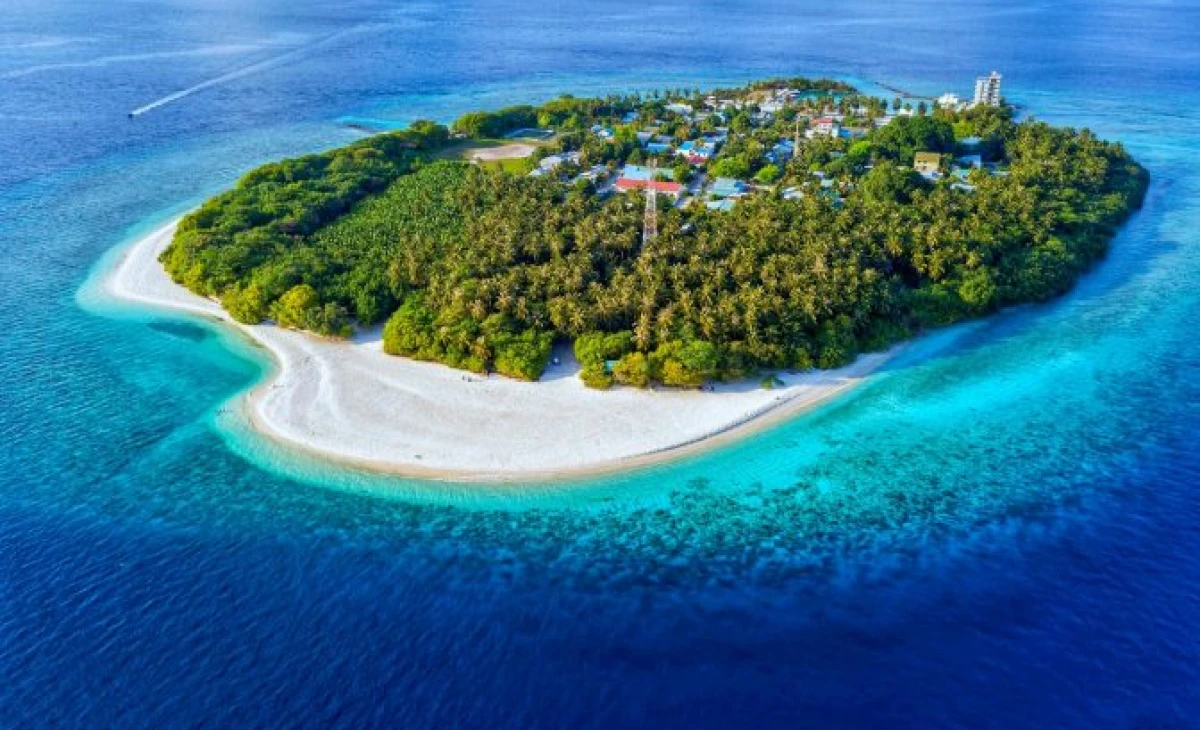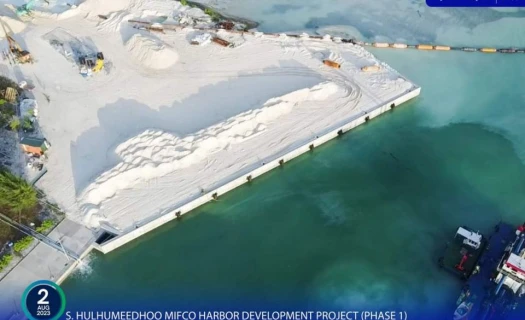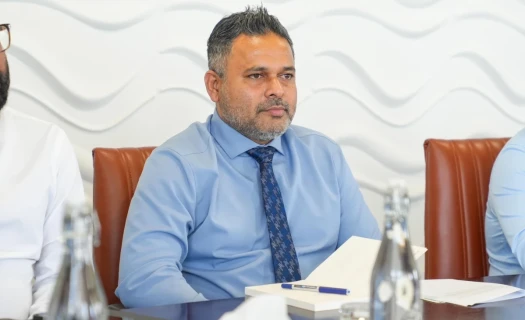Sat, 07 Feb 2026
|DHIVEHI
Together for our blue seas and green future
10 Nov 2025
|

Photo: Travel Trade Maldives
Amid the turquoise waters of the Indian Ocean, the Maldives is renowned for its unique beauty. Yet the rising sea level is posing an ever-greater challenge to this beautiful nation. With an average elevation of just over one meter above sea level, the Maldives faces direct impacts of climate change. Its energy supply is heavily dependent on imports, and ecological fragility has led to worsening coral bleaching and coastal erosion. These challenges not only affect the Maldives’ own future but also mirror the broader, urgent issues of global sustainable development.
China firmly believes that humanity shares one planet – climate change and environmental protection know no borders. We deeply understand the Maldives’ aspirations for green and sustainable development. China stands ready to share its own experience and work together with its partners to find solutions.
The recently concluded Fourth Plenary Session of the 20th Central Committee of the Communist Party of China made clear that China will stay committed to high-quality development and accelerate the green transition in all areas of economic and social development in an effort to build a Beautiful China. This marks a shift from growth driven by speed to growth driven by quality, and from resource dependence to innovation and ecological priority. The Plenary underscored that green must become the defining color of Chinese modernisation, and that guided by our goals of achieving peak carbon and carbon neutrality, we are making concerted efforts to cut carbon emissions, reduce pollution, pursue green development, and boost economic growth. We are reinforcing our ecological security shields and strengthening our green development drivers. The vision that “lucid waters and lush mountains are invaluable assets” is becoming tangible and shared well-being.
These are not just slogans – they are actions already underway. Over the past decade, China has made continuous progress in pollution control. In 2024, China’s average PM2.5 concentration fell by 2.7 per cent and days with good air quality accounted for 87.2 per cent of the year, making China one of the fastest-improving countries in the world in terms of air quality. China has built the world’s largest renewable energy system, leading the globe in both solar and wind power capacity for ten consecutive years. Forest coverage has surpassed 25 per cent, with new afforestation accounting for about one-fourth of the global total. Green industries are growing rapidly – in 2024, investment in clean energy reached USD 625 billion, accounting for one-third of the global total. These facts prove that protecting the environment does not hinder development; it creates new growth and improves quality of life.
China’s experience shows that only through reform, innovation and policy coordination can we achieve a path of modernization that harmonises economic progress with ecological protection. This is exactly what the Fourth Plenary Session emphasised – embedding green development throughout all areas and stages of economic and social progress, making it a shared belief and common practice.
This vision resonates strongly with the Maldives’ own development goals. We have noted the Maldivian government’s active exploration of clean energy, eco-tourism, and marine protection. China is ready to deepen cooperation with the Maldives in these areas. Chinese enterprises are participating in solar power projects on multiple islands to provide stable electricity for local communities. Research institutions from both countries are working together on coral restoration and coastal zone protection, using “blue carbon” technologies to strengthen wave resistance and restore ecological resilience. China is also supporting the development of green infrastructure to help the Maldives develop more sustainable tourism.
Green cooperation is not only about technologies and projects, but also about shared ideas and governance philosophies. The Maldives, though small in size, has demonstrated great responsibility in global climate action. China, though large, remains committed to openness and partnership – walking side by side with developing nations so that no country is left behind. We believe that green development should not be a privilege of a few, but a shared commitment of humankind.
The Fourth Plenary Session has charted the course for China’s green transformation and opened new opportunities for global cooperation. China stands ready to work with the Maldives to make clean energy, ecological protection, and green economy cooperation the new engines of our bilateral relations – to let clean energy light up the islands, technological innovation safeguard the coral reefs, and institutional collaboration ensure sustainable prosperity for generations to come.








